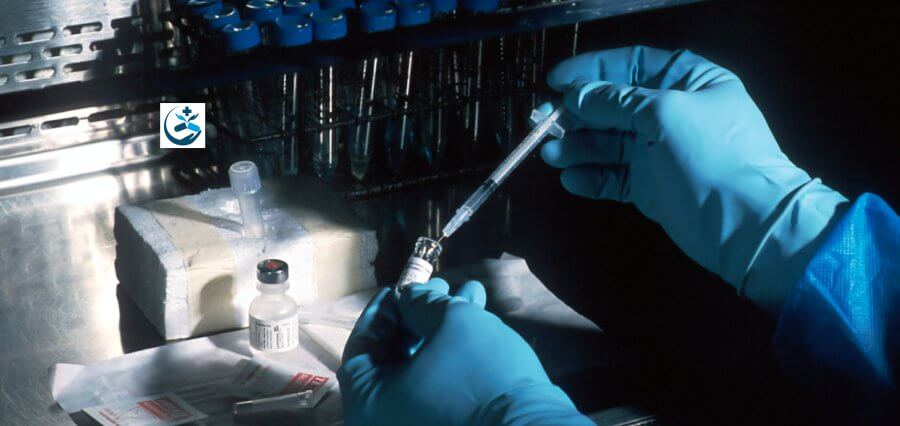Only 1% of respondents in Wales were able to correctly identify every symptom of oesophageal cancer from a list that was given to them in the UK-wide survey by the Less Survivable Cancers Taskforce.
Only 9% of respondents were aware of every lung cancer symptom, compared to 2% and 4% for liver and stomach cancer symptoms, respectively. Only 11% of people were able to recognize the symptoms of pancreatic cancer, while 18% were aware of the symptoms of brain tumors.
Even more alarmingly, a staggering 35% of respondents in Wales admitted to having a friend or loved one who had postponed seeking medical attention when exhibiting symptoms that were later determined to be brought on by a less curable cancer.
Sadly, in 66% of these cases, doctors informed patients that the delay had limited their ability to receive certain treatments.
Early Detection
The Less Survivable Cancers Taskforce issues a warning that the likelihood of survival can be significantly reduced if symptoms are not identified early. To emphasize the critical significance of symptom awareness for early diagnosis of some cancers, LSCT released new data on Less Survivable Cancers Awareness Day.
Average five-year survival rates for cancers of the stomach, liver, esophagus, lung, and brain are only 16%. Nearly half of all deaths from common cancer in the UK are caused by these less treatable cancers combined.
In 2022, the LSCT reported that many patients with less survivable cancer were only diagnosed after symptoms became severe and required emergency care.
These late diagnoses account, in part, for the catastrophic prognoses for thousands of people each year as patients with cancers that are diagnosed in an emergency suffer significantly worse outcomes.
Judi Rhys MBE, Chief Executive of Tenovus Cancer Care and Chair of the Less Survivable Cancers Taskforce Wales subgroup, said: “The low symptom awareness of the six less survivable cancers is deeply concerning. It’s something that urgently needs to be improved, as well as addressing the need for more screening programs and preventative work.
Improvement
We fought hard to demand the implementation of a lung cancer screening program in Wales because it is the most lethal cancer in the nation, and we’re happy it will be done so in 2023.
We implore anyone exhibiting symptoms to get checked out as soon as possible because all of these cancers are curable if detected early. We support the LSCT’s demands that the Welsh Government and other UK governments commit to raising the survival rate for less curable cancers to 28% by 2029.
Oesophageal, stomach, liver, and pancreatic cancers can present with very vague symptoms or no symptoms at all, according to Dr. Dai Samuel, Consultant Hepatologist and Clinical Lead for Gastroenterology at the Royal Glamorgan Hospital.
“We need to improve our screening strategies for patients at risk of these cancers, but we also need to make sure that those with early symptoms have prompt access to diagnostic services to ensure they get the best chance of recovery or successful treatment outcomes,” Dr. Samuel said. We need to dispel the widespread fear of cancer and emphasize how much better our treatments are getting each day.
Final Words
According to Professor Tom Crosby, Consultant Oncologist and National Clinical Director for Cancer in Wales, “Typical symptoms will vary, but red flags for less treatable cancers could include any of the following: indigestion, abdominal pain, unexplained weight loss, a loss of appetite, difficulty swallowing, a persistent cough, unexplained tiredness, headaches, or nausea.
Lung, liver, brain, stomach, pancreatic, and oesophageal cancer are much harder to treat – especially if they are not detected early on. Each year, approximately 19,500 people in Wales are given a cancer diagnosis.
Read More News: Click Here

